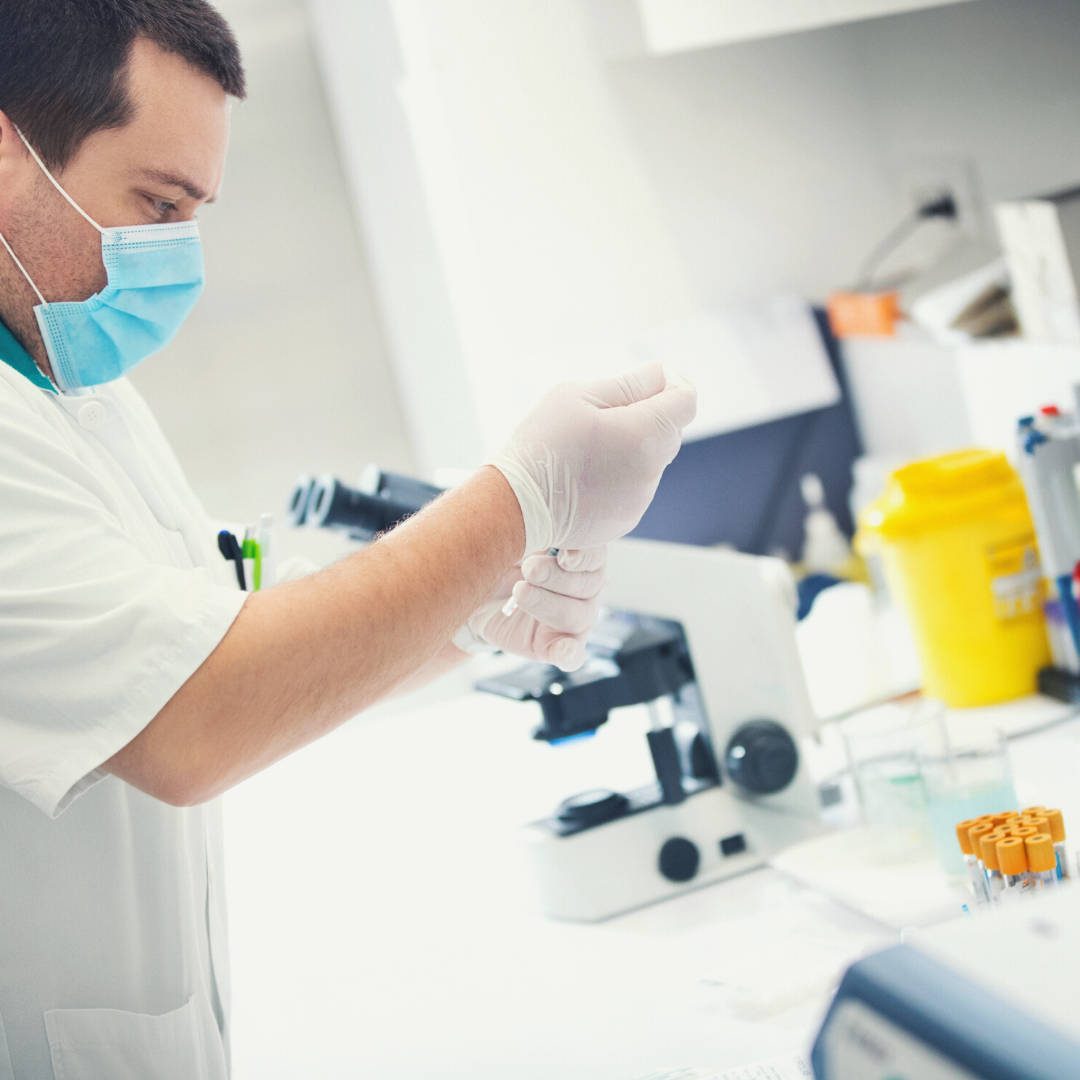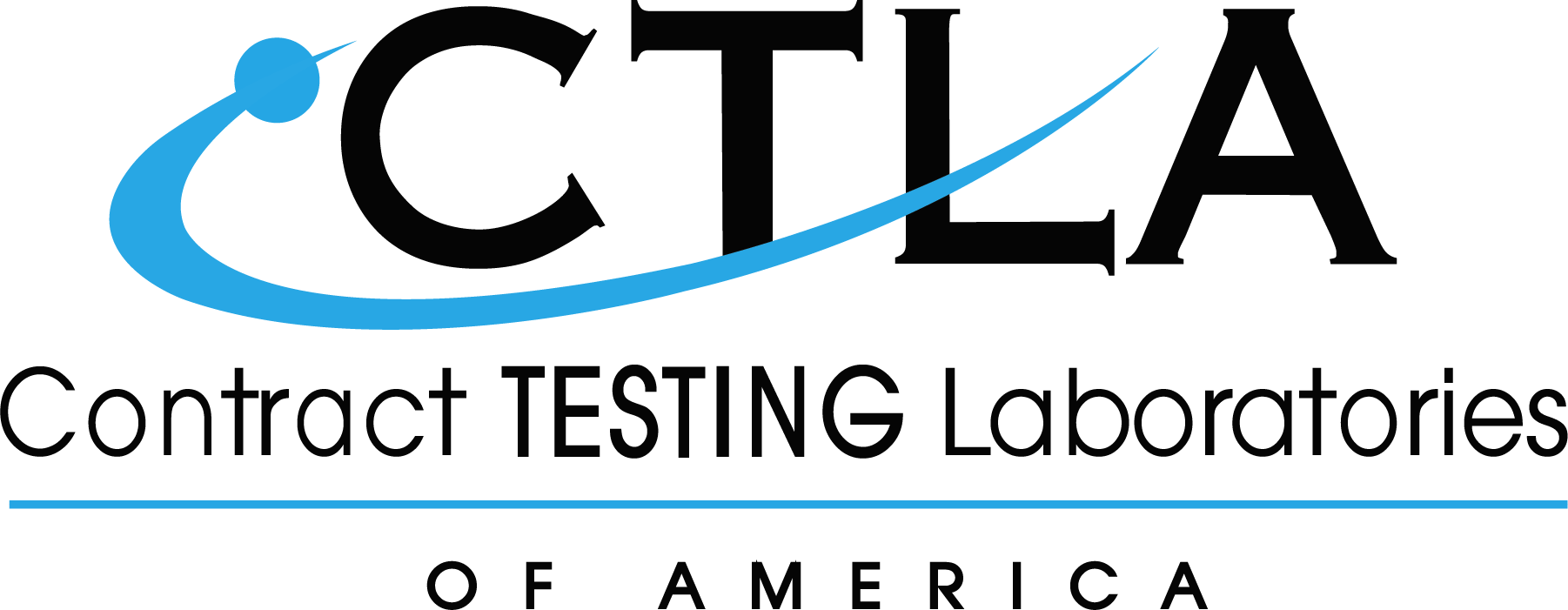
What to Look for in an Independent Testing Lab
Consumers are increasingly reaching for supplements to fill nutrition gaps and promote healthy living. In their 2022 report, Grand View Research valued the dietary supplement market at $151.9 billion and forecast the market to nearly double in size by 2030.
Dietary supplements contain a wide variety of ingredients. Everything from necessary micronutrients like vitamins, minerals, and fatty acids to amino acids to potent herbs and botanicals.
Supplements are regulated by the US Food and Drug Administration (FDA) as outlined in the 1994 Dietary Supplement Health and Education Act (DSHEA). As they become better educated, consumers demand safer, more natural, and sustainable supplements. Currently, the FDA leaves the safety and labeling of supplements to manufacturers and distributors. The FDA only takes action after a product is marketed. And often, only after receiving complaints about a product.
When evaluating a supplement for purchase, consumers want assurance of the quality and purity of the supplement. In fact, according to Statista research, around 40% of Gen Xers and Millennials are willing to pay more for natural or organic products. Amazon now requires all dietary supplements sold on their website to submit a Certificate of Analysis (CoA) from an ISO (International Organization of Standardization) accredited laboratory.
So how can consumers and brand owners (working to build a reputable supplement company) be assured a product is safe and pure and meets its label claims?
Substantiating High-Quality Supplements with Third-Party Testing
The FDA requires supplements to be manufactured using current good manufacturing practices (GMP). Raw ingredient safety (microbial and heavy metals) and identity testing and final product composition and potency testing are all part of established GMP. Sending materials to a third-party lab adds another layer of quality assurance.
4 Points to Consider When Choosing an Independent Lab
#1 Accreditation
Analytical analysis requires highly trained personnel, specific and consistent procedures, and correctly calibrated laboratory equipment. Since biochemical lab equipment often uses electrical calibration, ISO partnered with IEC (International Electrotechnical Commission) to develop the laboratory testing standards known as ISO/IEC 17025:2017.
A lab with ISO/IEC 17025:2017 accreditation has a proven ability to obtain correct and reliable test results. Using a lab with such credentials means the supplement can be verified to contain ingredients in the quantities indicated on the nutritional label and is free from harmful microbes and heavy metals.
CTLA (Contract Testing Laboratories of America) is ISO/IEC 17025:2017 accredited by Perry Johnson Laboratory Accreditation, Inc. As such, CTLA meets requirements for third-party test products and manufacturing processes for quality certifications from companies like Consumer Lab, Amazon, and NSF International (National Sanitation Foundation).
#2 Testing Standards
Besides ISO, what other testing standards does the lab follow?
The United States Pharmacopeia (USP) and National Formulary (NF) set public standards “to help ensure the quality, safety, and benefit of medicines and foods”. Some dietary supplements are covered under USP-NF standards. If a covered supplement does not meet the associated standards, it is considered misbranded and subject to FDA-issued recalls, litigation, and fines.
Does the lab know what standards apply to your product? And do they offer the most cost-effective analytical tests to meet your needs?
CTLA specializes in testing requirements for dietary supplements, food, and personal care products. We know when standards apply and the most cost-effective testing strategies to get the results you need to meet safety and nutrition label requirements.
#3 Transparency
How open and transparent is the lab? Are they clear about the types of analytical testing they offer? What is their analytical expertise? How will they share your product’s results with you?
Different analytical tests can be employed to determine similar information. The testing method may be delineated based on USP-NF standards. However, there are options for non-covered supplement ingredients. Is the lab willing to go over analytical testing options?
High-quality labs maintain client confidentiality and privacy. Does the lab provide virtual tours to better visualize testing options and resolve questions?
CTLA specializes in microbial, heavy metal, identity, purity, potency, allergen, safety, and shelf-life testing. And we love helping clients understand our processes and procedures.
#4 Client Service
Is the lab interested in helping you build a reputable, high-quality supplement? Are they willing to answer your questions in a respectful and timely manner? Do they clearly communicate and stick to established turnaround times?
CTLA knows customer satisfaction builds beneficial mutual relationships. CTLA wants to partner with you. We want to help grow your supplement brand.
CTLA Certified Testing to Improve Your Brand’s Marketability
With CTLA’s expertise and ISO/IEC 17025:2917 accreditation, we can help grow your food, supplement, or personal care product brand. Online sales are expected to experience the highest growth in the dietary supplement market in the foreseeable future. CTLA has streamlined processes to meet CoA requirements to market supplements on Amazon.
CTLA provides testing services for:
- Safety: Microbial/Heavy Metals
- Raw Ingredient: Identity/Purity
- Contaminants: Pesticides/Herbicides/Allergens
- Final Product Nutritional Label Claims, including Potency, Efficacy, and CoA
- Shelf-Life: Stability/Water Activity/Moisture Content
- And More
Contact CTLA today to see how our testing services can benefit your brand. With CTLA in your corner, you substantiate your brand’s claims and you can rest assured you are providing a high-quality product to meet growing consumer demands.

The content of CTLA’s website is for information only, not advice or guarantee of outcome. Information is gathered and shared from reputable sources; however, CTLA is not responsible for errors or omissions in reporting or explanation. CTLA gives no assurance or warranty regarding the accuracy, timeliness or applicability of the content.
Sources:
“Dietary Supplements Market Size, Share & Trends Analysis Report By Ingredient (Vitamins, Minerals), By Form, By Application, By End User, By Distribution Channel, By Region, And Segment Forecasts, 2022 - 2030.” Grand View Research. 2022. https://www.grandviewresearch.com/industry-analysis/dietary-supplements-market
“Dietary Supplements.” Food and Drug Administration. 2022. https://www.fda.gov/food/dietary-supplements
“Consumer willingness to pay a premium for natural or organic products in the United States in 2018, by generation.” Statista. 2018. https://www.statista.com/statistics/912204/willingness-pay-premium-natural-organic-generational-us/
“FAQ: USP and its Standards.” USP. https://www.usp.org/frequently-asked-questions/usp-and-its-standards







